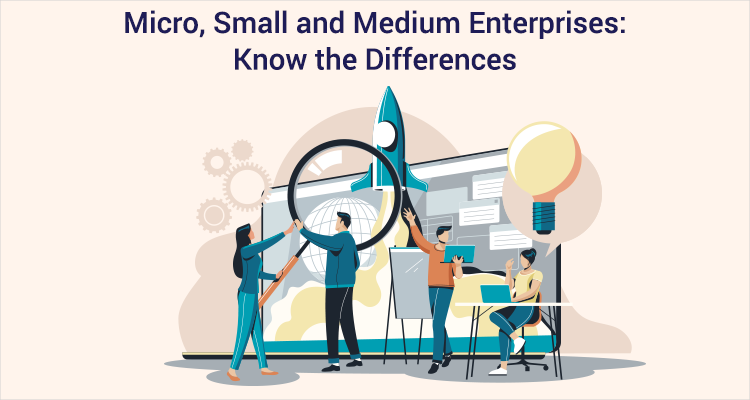Term Loan Vs Working Capital Loan: Key Differences for Business Owners
Table of Contents
Every organisation, regardless of size, depends on different sources of credit to succeed and grow. They use this money to finance their daily activities, such as paying rent, replenishing supplies, covering employee salaries, or expanding.
The two broad categories of a business' funding needs are working capital loans and term loans. Understanding the differences between term loans and working capital loans can help you make better business decisions.
What Is A Working Capital Loan?
Working capital loans are short-term loans businesses use to finance their daily expenses. They include paying rent on time, employee salaries, or covering last-minute seasonal demands. This external funding helps businesses get back on track and operate smoothly.
A good feature of this loan is that a business can use it as much as necessary, as the only requirement for its approval is timely repayment.
However, a working capital loan isn't used to make new investments, start new projects, or expand an existing business. This loan usually lasts one year or less as a short-term loan.
What Is A Business Term Loan?
The purpose of business term loans is to finance long-term investments, such as expanding your business or investing in new machinery or tools. Unlike working capital loans, these loans typically involve higher amounts of money, which is why they are paid back over a more extended period.
Term loans, however, have an interest rate that increases over time, making them costlier than working capital loans.
Since the loan is long-term, obtaining it isn't easy. Financial institutions examine the borrower's profile and credit history to approve or deny a loan application. When approving a loan, lenders consider the following factors:
• Bank statements of the applicant
• The reputation of the company in the market
• Repayment capacity of the borrower
• Credit rating
• Collaterals
Working Capital vs Term Loan – Differences
Differences between term loans and working capital loans are as follows:
|
Criteria |
Working Capital Loan |
Term Loan |
|
Duration |
Short-term; usually a few months. |
Can be short, medium, or long-term; typically 1–10 years, sometimes up to 30 years. |
|
Installments |
Limited repayment installments due to smaller loan amounts. |
Repaid in multiple installments over an extended period. |
|
Purpose |
To manage day-to-day operational expenses and cover temporary cash flow gaps. |
For business expansion, purchasing equipment, or office renovation. |
|
Interest Rate |
Generally higher, as these are short-term and often unsecured loans. |
Typically lower, but interest accumulates over a longer period, increasing overall cost. |
|
Ease of Getting Loan |
Easier to obtain with a good credit rating and minimal paperwork. |
Involves detailed documentation, credit checks, and lender scrutiny. |
|
Loan Amount |
Usually smaller, as it's meant to cover short-term operational needs. |
Larger loan amounts for long-term investments and growth initiatives. |
|
Collateral Requirement |
May or may not require collateral. |
Often requires collateral or security to back the loan. |
|
Impact on Credit Score |
Minimal impact unless frequently used. |
Can positively impact credit score if repaid consistently and on time. |
Sapna aapka. Business Loan Humara.
Apply NowWhich Finance Option Is Better?
Despite their different types, both loans offer lucrative features and terms essential for proper business operation. A business term loan is usually the better option for ventures requiring heavy investment. Nevertheless, working capital loans are an excellent option if the company only needs a small amount to cover its operational expenses.Obtain A Business Loan From IIFL Finance
If you lack the funds to grow and expand your business, IIFL Finance business loans can help you fund your next capital venture. Our business loans are tailored to the unique needs of your business, and repayment terms are favourable. Additionally, our documentation process is straightforward, resulting in faster loan disbursal. For further information, visit the IIFL website now!Frequently Asked Questions
Q1. Does a working capital loan require collateral?
Ans. No, you don't necessarily need to lend an asset as collateral to obtain working capital credit.Q2. Does a term loan provide any tax benefits?
Ans. Yes, you can deduct interest on term loans as a business expense. By doing so, the business can take advantage of tax benefits.Sapna aapka. Business Loan Humara.
Apply NowDisclaimer : The information in this blog is for general purposes only and may change without notice. It does not constitute legal, tax, or financial advice. Readers should seek professional guidance and make decisions at their own discretion. IIFL Finance is not liable for any reliance on this content. Read more




